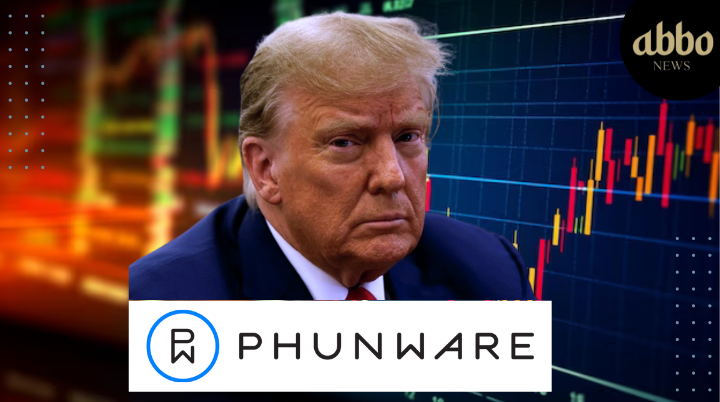Plug Power (NASDAQ: PLUG) stock fell 11% on Thursday as the hydrogen supplier unveiled a new stock offering worth $1 billion to secure essential funds for its operations. This offering is set at the “market” price, meaning the shares will be sold at the current market value.
The move comes as Plug Power grapples with financial challenges, driven by low hydrogen prices and the high cost of its “green hydrogen” production process.
Plug Power initially entered the market by manufacturing hydrogen fuel cells, with a notable demand emerging in warehouse forklifts. Fuel cells, unlike batteries, offer a longer working range and produce only water as a byproduct, making them environmentally friendly.
However, the company’s recent foray into hydrogen production has proven detrimental. While the idea of extracting hydrogen from brine initially attracted investment, the emergence of lower-cost alternatives, such as brown hydrogen from coal and grey and blue hydrogen from natural gas, has posed a threat. Other variants, like pink, purple, red, and even white hydrogen, further intensify competition in the hydrogen market.
The main challenge for Plug Power is that hydrogen is a commodity, and suppliers compete primarily on price. This puts the company at risk of losing buyers to more affordable alternatives, which raises uncertainties about long-term supply contracts.
Plug Power (NASDAQ: PLUG) has sought government aid, but analysts advise investors to exercise caution as attempts to short-squeeze may lead to losses since the company can only raise capital through stock sales.
This alarming situation was forewarned by Plug Power in November when it expressed concerns about its viability without substantial new investment. The company reported a loss of $284 million in the third quarter, and its available cash dwindled to a precarious $110 million.













